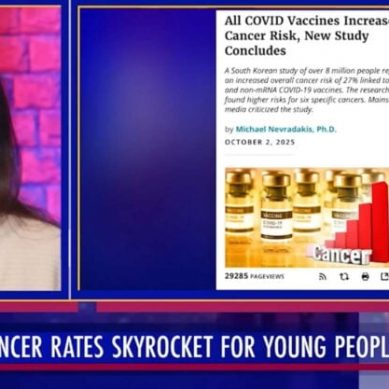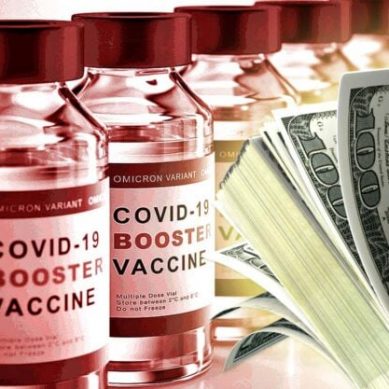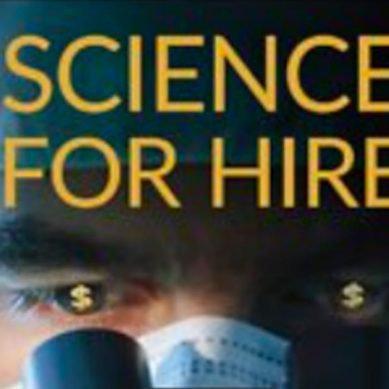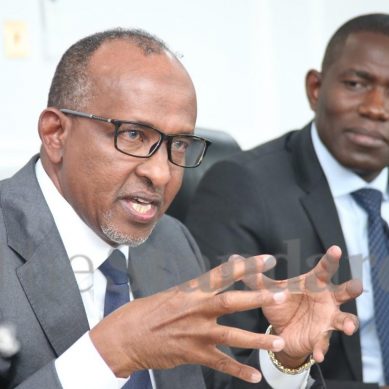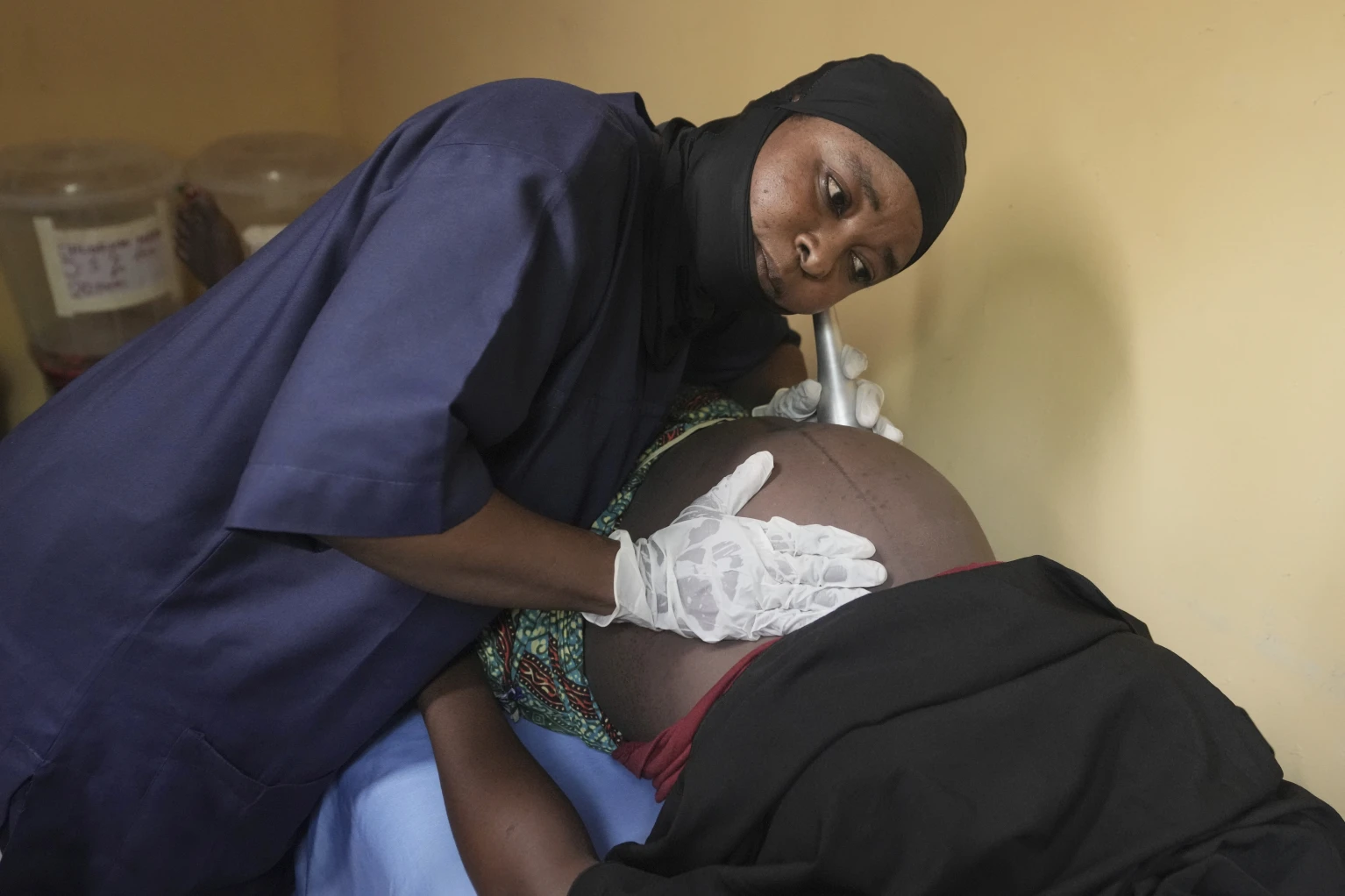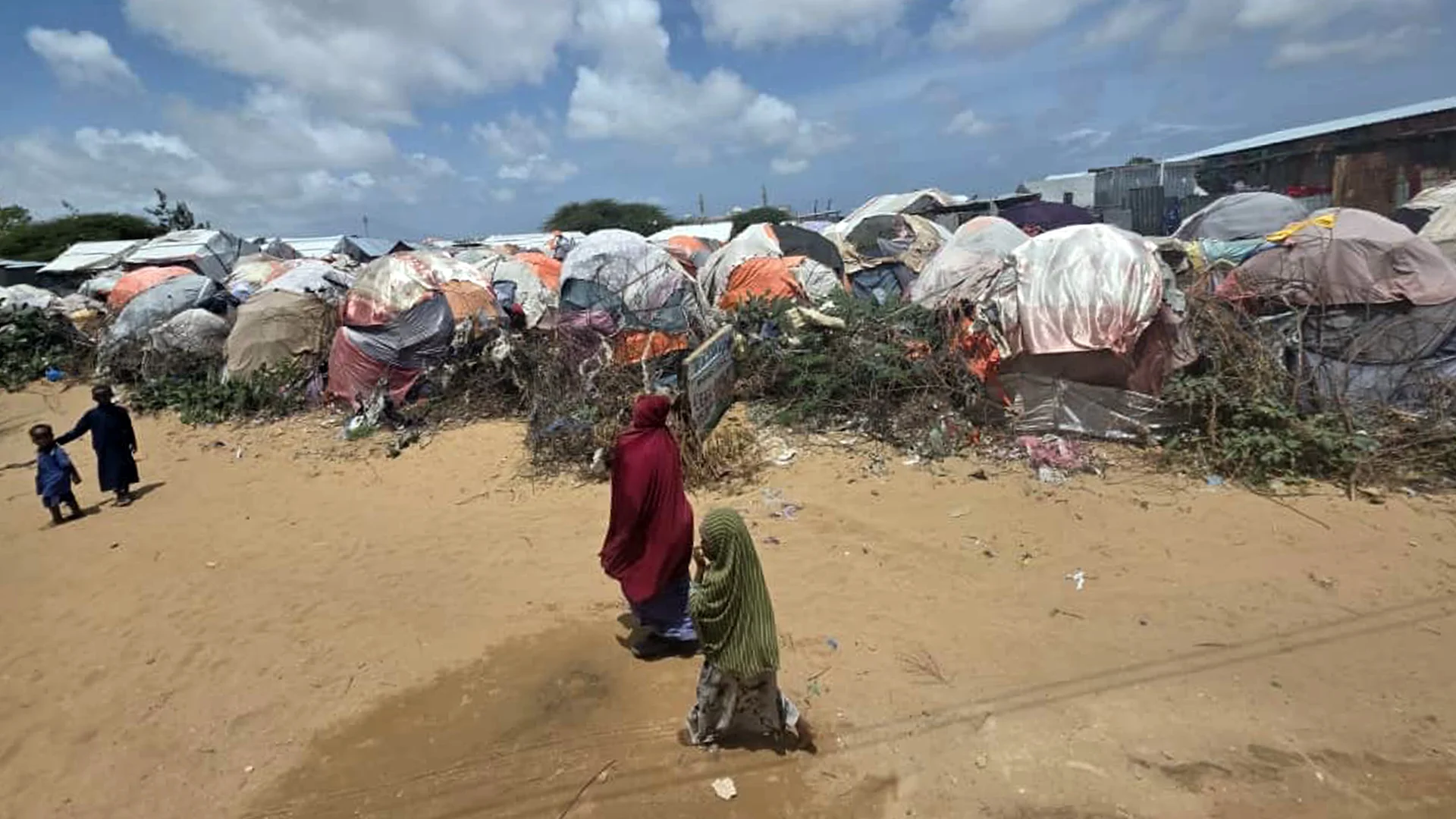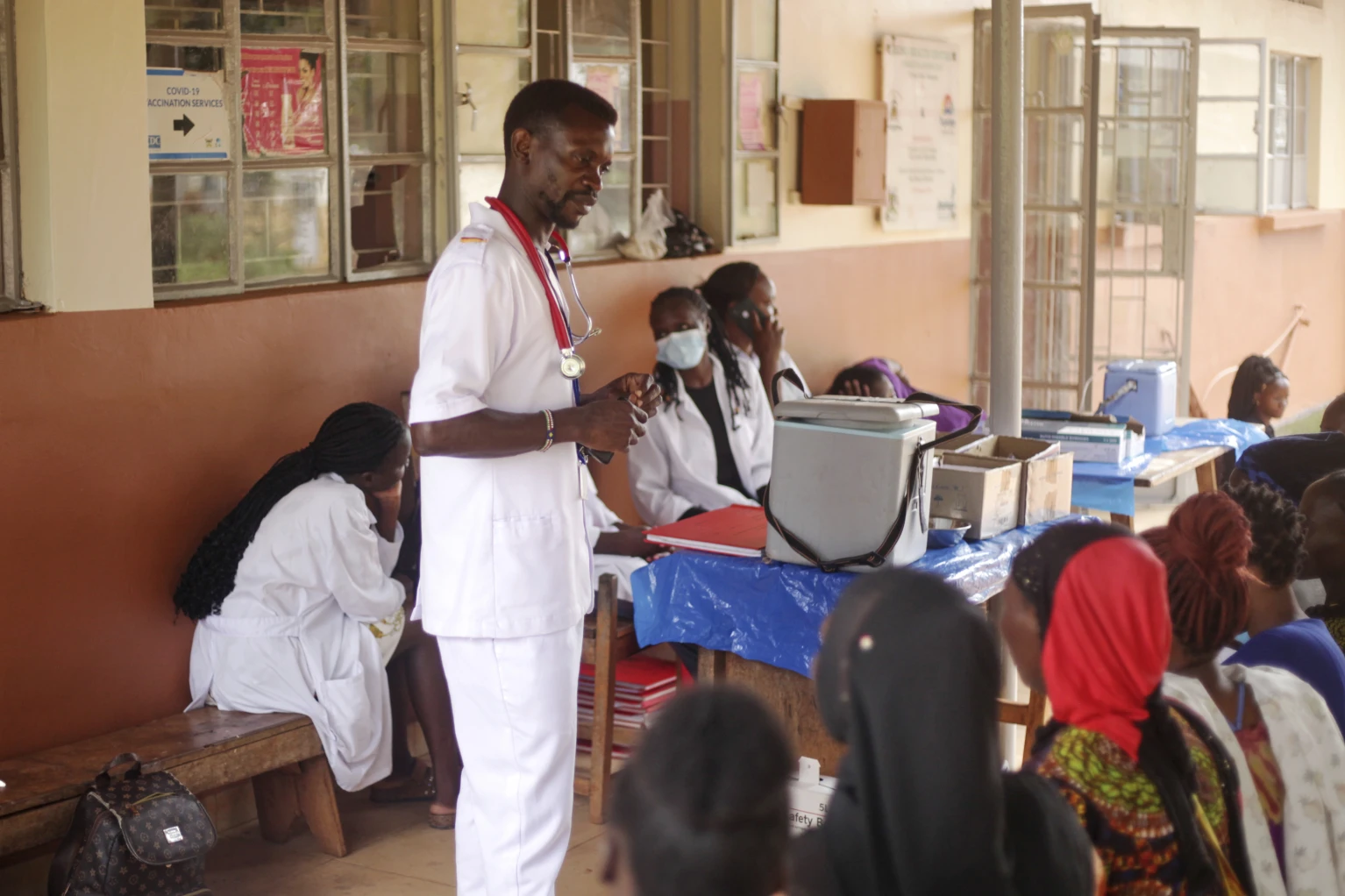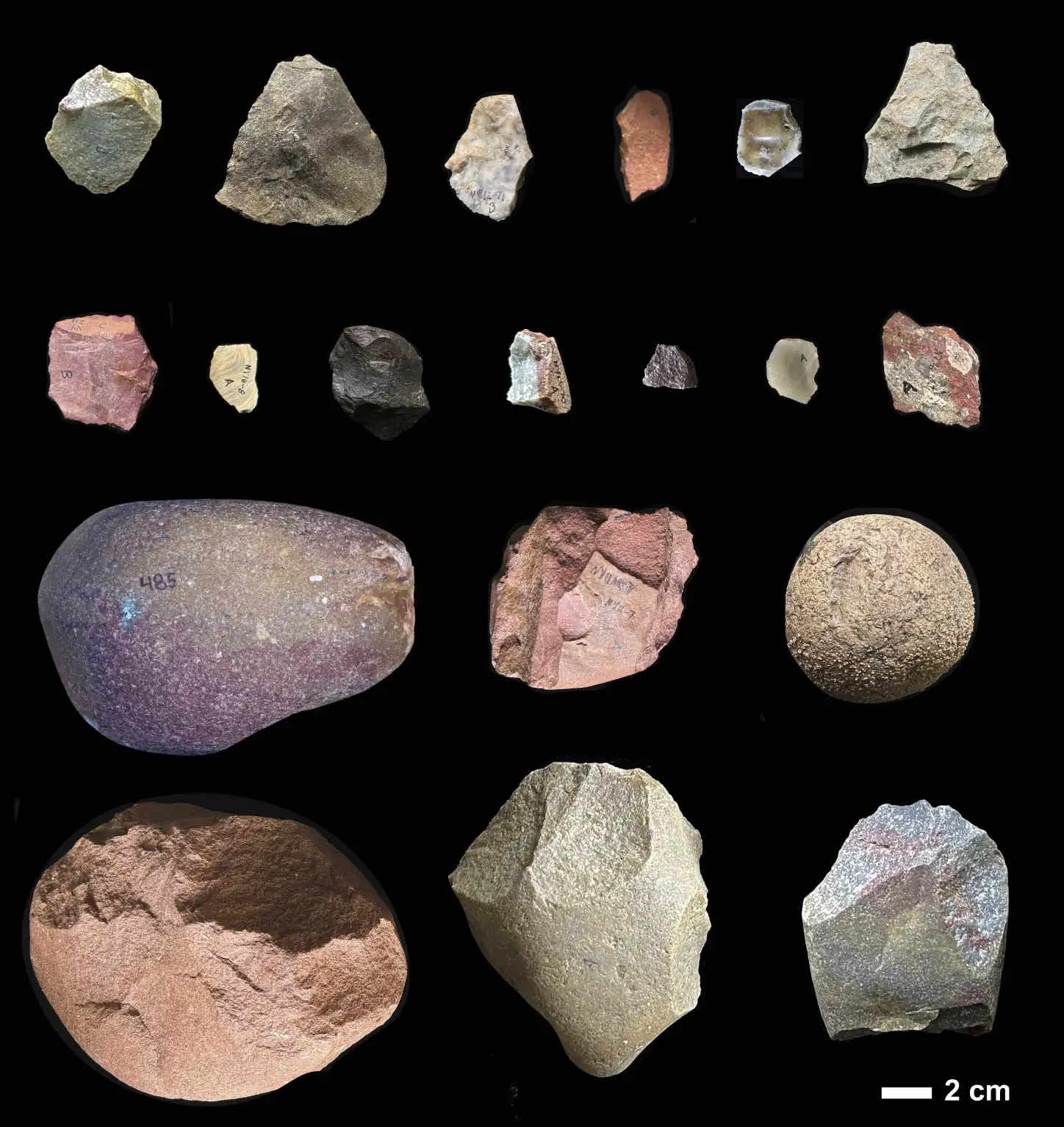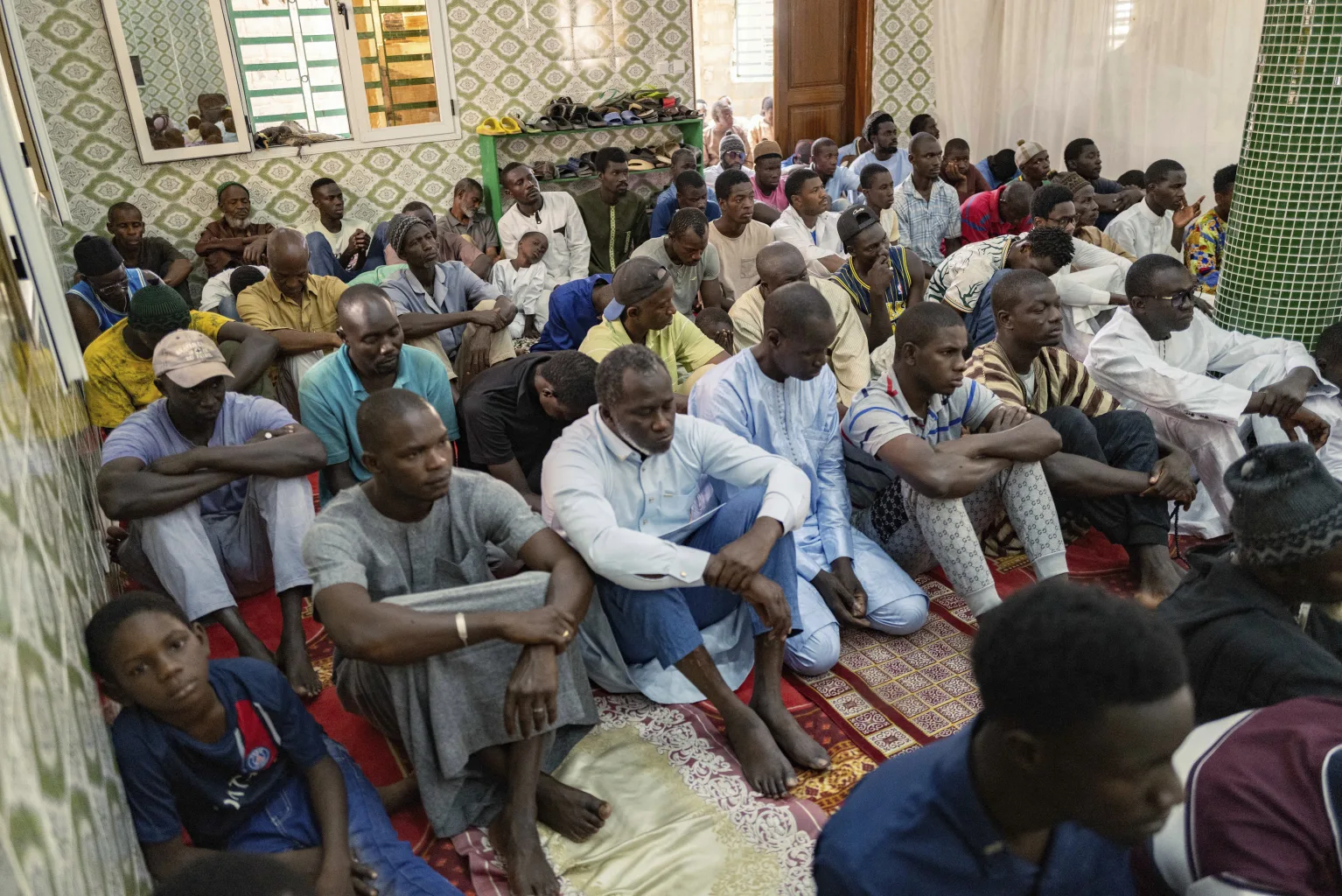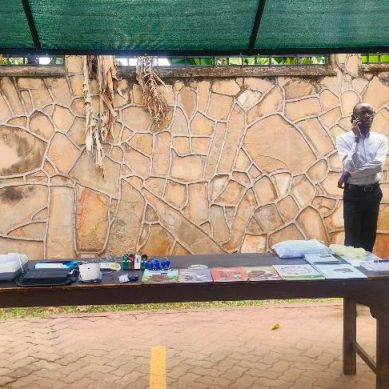How science-for-hire violates scientific norms, degrades public discourse and expedites mass poisoning of society
The autism epidemic is a matter of enormous national importance. Yet everything that the Times publishes on autism is an attempt to cover up the causes and protect the powerful industries that are culpable.
WHO data show more women die giving birth in Nigeria than anywhere else in the world
The prospects of more health resources have dwindled in the region. US foreign aid data shows that Nigeria received almost $4 billion in aid from the now-dismantled US Agency for International Development between 2020 and 2025, with $423 million going to maternal health and family planning.
Somali capital Mogadishu is one of cities urbanising rapidly but weak state and clan politics leave its displaced in limbo
Clan dynamics are a particular complication. Mogadishu is dominated by powerful major clans, especially the Hawiye. The majority of IDPs, however, are from marginalised so-called minority groups, including farm-based Bantu people.
New malaria drug Coartem Baby set for rollout in East and West Africa after successful trials in Uganda
Africa’s 1.5 billion people accounted for 95 per cent of an estimated 597,000 malaria deaths worldwide in 2023, according to the WHO. More than three-quarters of those deaths were among children.
In Uganda, an east African country of 45 million people, there were 12.6 million malaria cases and nearly 16,000 deaths in 2023. Many were children younger than five and pregnant women, according to WHO.
Health minister tells former deputy president era of ‘one community is more important than others’ is gone
Former Deputy President Rigathi Gachagua also alleged that President Ruto met with senior Al-Shabaab militants during a visit to Mandera, remarks that have been widely condemned by top government officials, including Deputy President Kithure Kindiki and Interior Cabinet Secretary Kipchumba Murkomen.
Research: Uniquely Kenyan ‘nyama choma’ tradition and ancient butcheries date back 2.9 million years at Nyayanga in Homa Peninsula on Lake Victoria
Homo sapiens did not arise until much later, around 300,000 years ago. But the knack for seeking out the best raw materials to make simple technology dates back nearly three million years.
Senegal’s ‘schools for husbands’ teaching ‘positive masculinity’ but men still wary of male doctors treating their wives
While maternal and infant deaths in Senegal have declined over the past decade, experts say it still has a long way to go. It recorded 237 maternal deaths for every 100,000 live births in 2023, while 21 new-borns out of every 1,000 died within their first month. The UN globally wants to reduce maternal deaths to 70 deaths per 100,000 live births and new-born deaths to under 12 per 1,000 by 2030.
Vihiga in western Kenya ranked highest in hypertension incidence as region sees rise in non-communicable diseases
According health ministry reports, the country is experiencing an epidemiological transition in its disease burden from predominantly communicable diseases to a rapidly rising burden of non-communicable diseases (NCDs) and injuries, resulting in a “triple burden of disease” that is in turn straining the health system.
